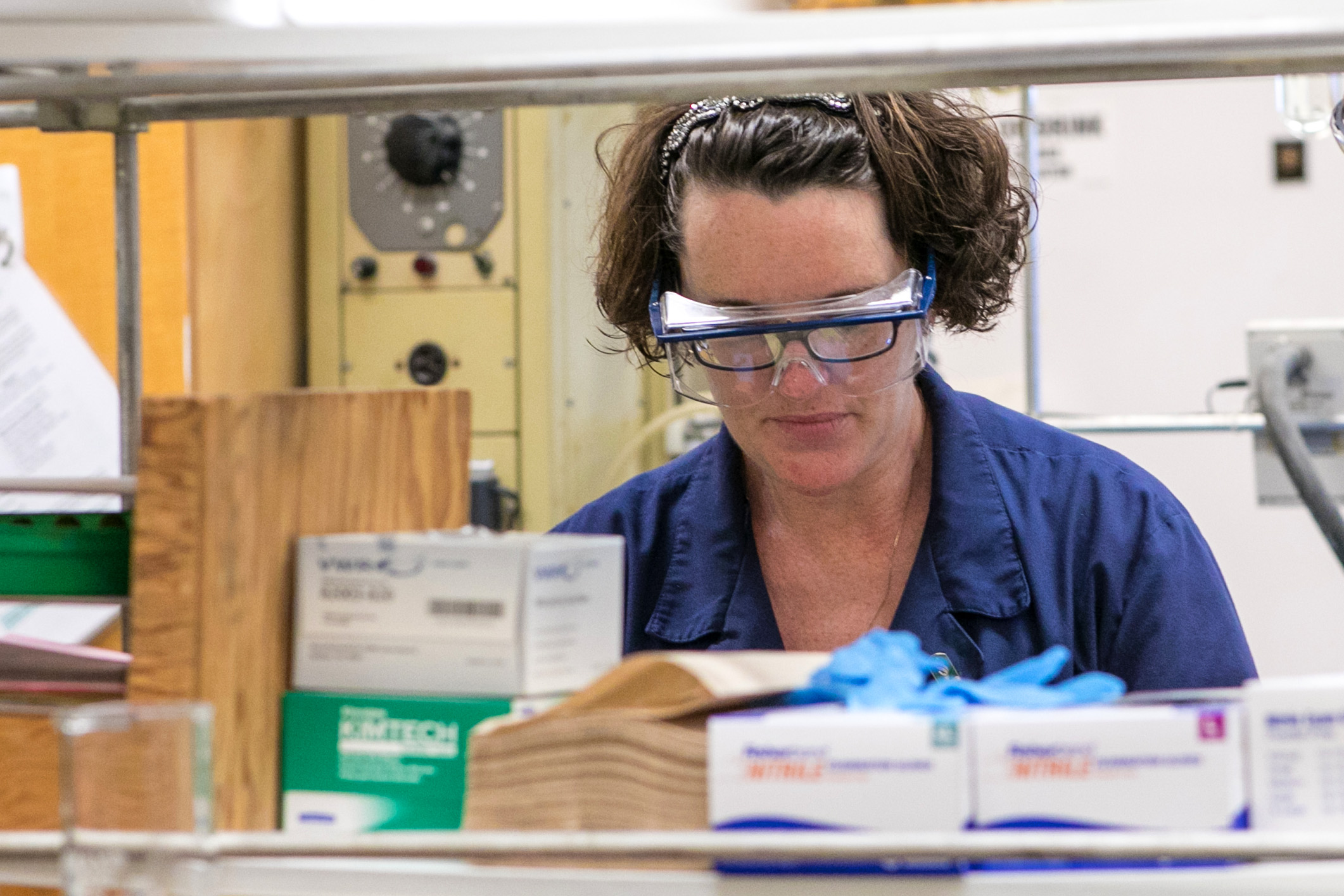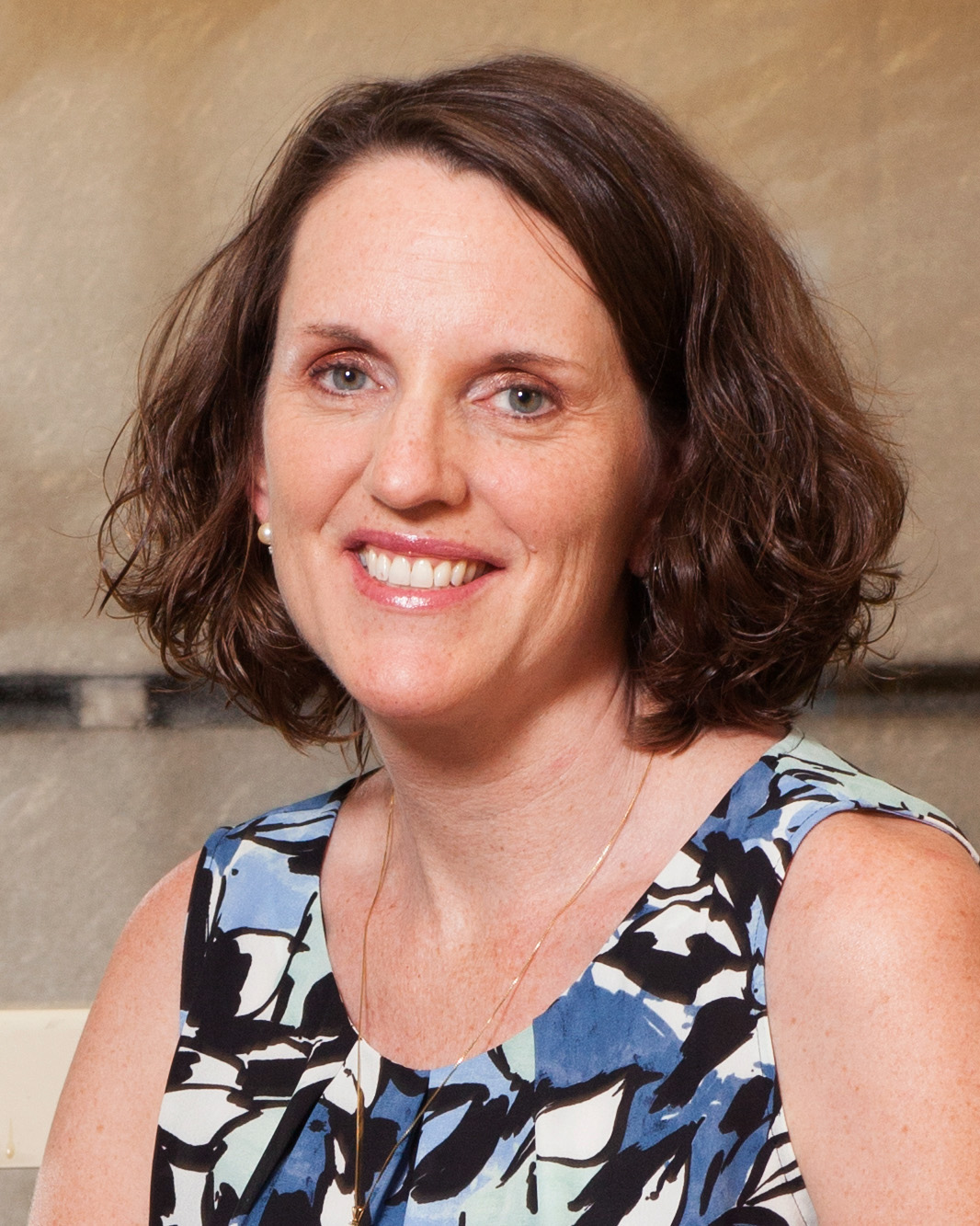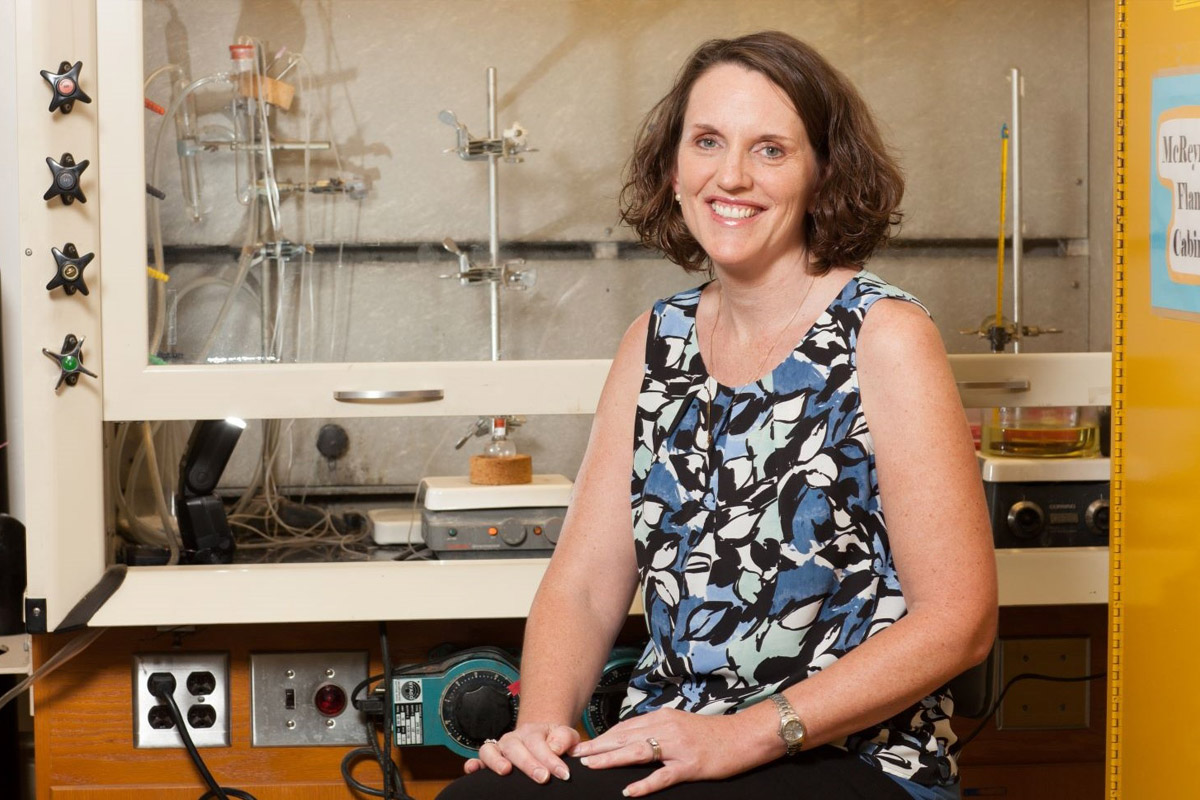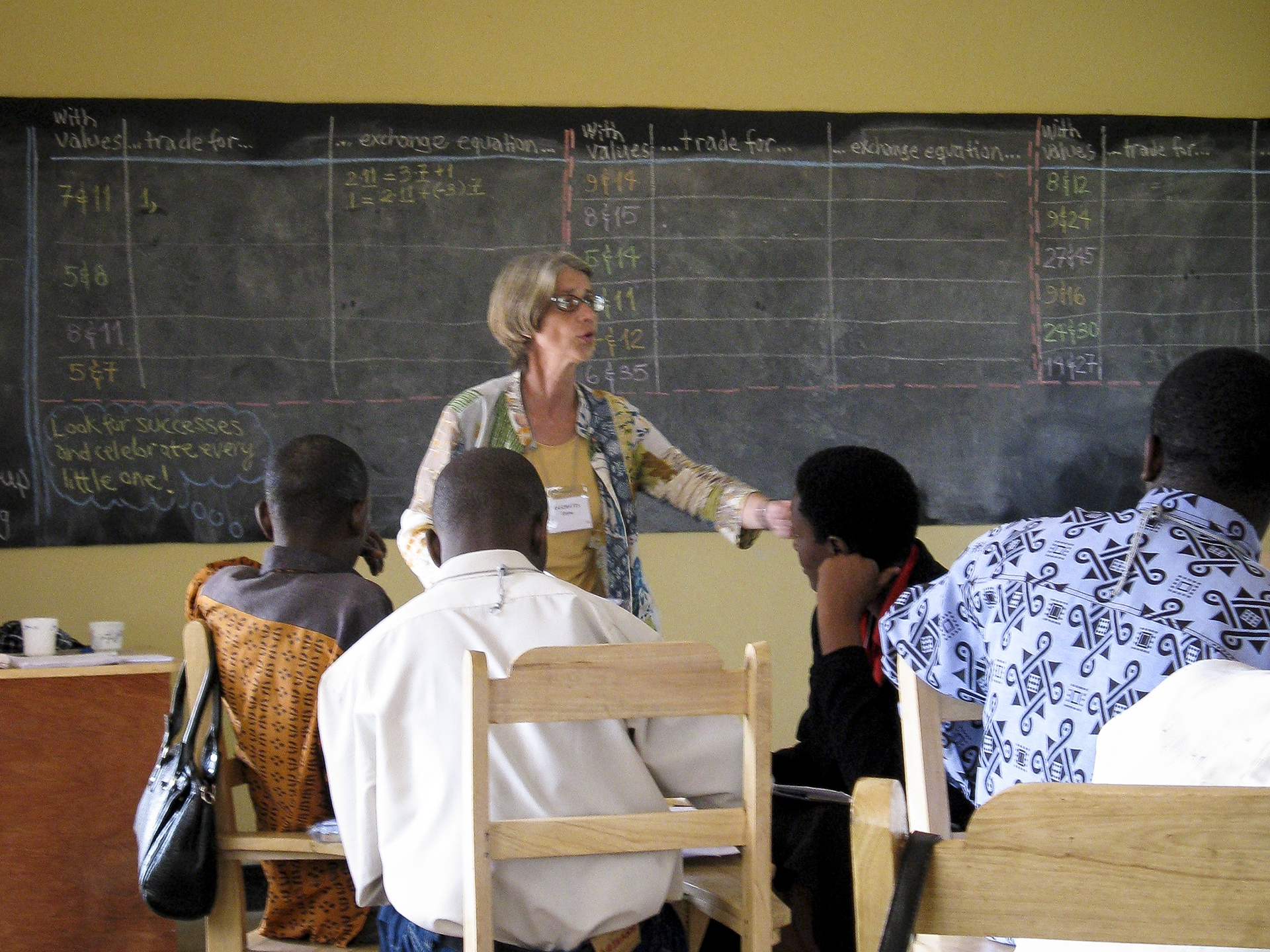Story Content
Chemistry professor’s work could lead to new treatments for COVID-19

February 12, 2021
A team of researchers led by Sacramento State Chemistry Professor Katherine McReynolds has demonstrated that therapeutic agents that appear to block transmission of HIV might also work against the coronavirus and other potentially deadly infections.
The agents could be developed into drugs that slow the spread of diseases like AIDS and COVID-19, and might also be used as a front-line attack against potential future pathogens, a soon-to-be-published study concludes.
The paper, which was published Feb. 12 in Advanced Therapeutics, is one of two recent journal articles on COVID-19 that cites work by McReynolds.

McReynolds has been researching substances that bind to HIV, the virus that causes AIDS. Her work at Sac State has received ongoing funding from the National Institutes of Health.
Both HIV and SARS-CoV-2, the virus that causes COVID-19, can hijack receptors on human cells, causing infections that can lead to illness and death. In the United States alone, COVID-19 has infected more than 27 million people and killed more than 463,000.
Working with researchers from around the country, McReynolds demonstrated that the compounds she and her students synthesize in their lab at Sac State are versatile in their ability to fight multiple viruses. The agents could ultimately be developed into medicines that slow the spread of HIV and COVID-19, as well as serve as “a first line of attack against potential future pandemic-causing pathogens,” according to the study.
Dr. Anthony Fauci, director of the National Institute of Allergy and Infectious Diseases, said in an address to the CSU community in December that a broad spectrum of antiviral drugs are key to combating COVID. Currently, the only such drug approved by the Food and Drug Administration is Remdesivir, which McReynolds points out is administered intravenously and is very costly.
The sugar-coated polymers that McReynolds is making could be incorporated into more accessible products such as nasal and throat sprays. If used shortly after symptoms arise, the sprays could block the virus from infecting cells and prevent people from becoming severely ill, she said.
Similarly, the substances could be integrated into a gel or condom to prevent spread of HIV.
“There are so many viruses that use a similar process to infect a host, so this work could have widespread applications. It’s exciting.” - Katherine McReynolds
If the compounds continue to show promise, other institutions could then conduct clinical trials, she said.
The Sac State chemist’s work also is cited in a paper recently published in the Journal of Physical Chemistry Letters. That article is based on research led by Professor Petr Kral at the University of Illinois, Chicago, with an assist from McReynolds.
The paper details how antibodies for other diseases, such as hepatitis B, can be re-directed to recognize the virus that causes COVID-19. This re-training of the immunity response could lessen the length and severity of illness in certain patients, according to the researchers.
For all the misery it has caused, the novel coronavirus is giving scientists and their students new research opportunities and could spawn a wide range of prevention measures and treatments for illnesses in the future, McReynolds said.
“It’s really cool that students in my lab are able to work on these things,” she said. “I’ll be incorporating SARS-CoV-2 into many of our future studies.”
The study can be accessed online.
Media Resources
Faculty/Staff Resources
Looking for a Faculty Expert?
Contact University Communications
(916) 217-8366
communications@csus.edu


